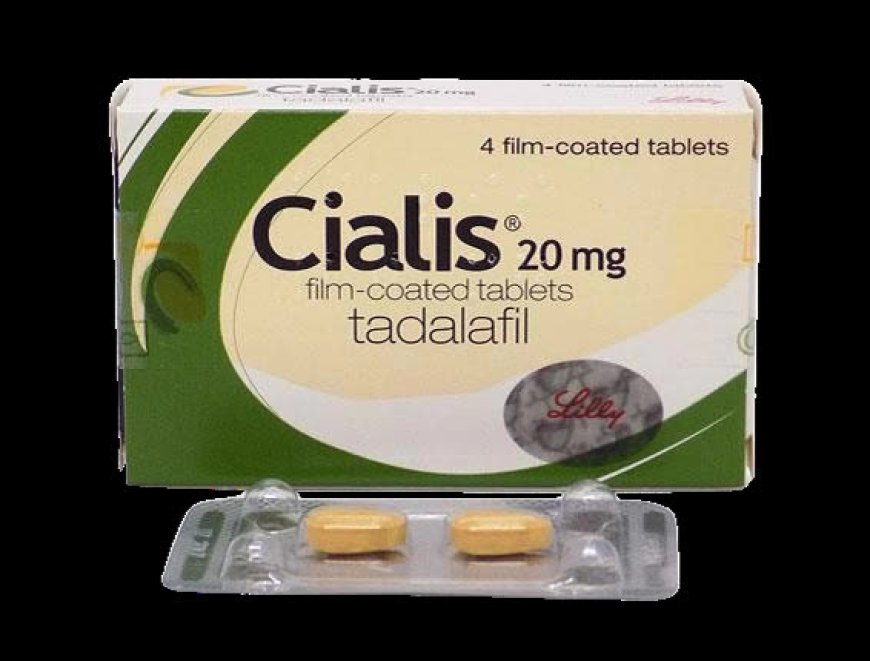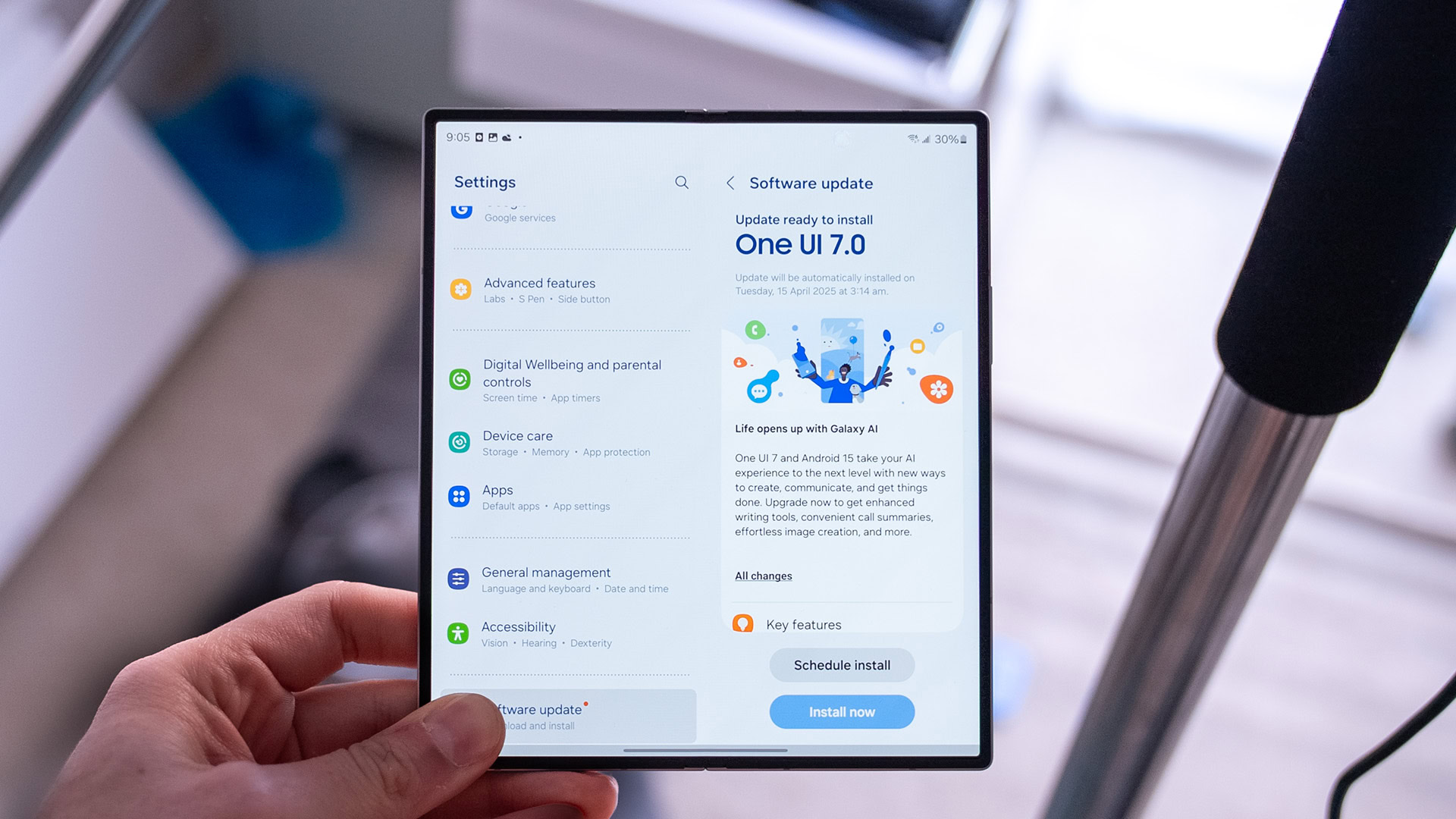How to Adjust Your Cialis Dosage for the Best Sexual Performance

Cialis, a popular medication for treating erectile dysfunction (ED), has gained widespread recognition due to its long-lasting effects and flexible dosing options, including tab Cialis 20 mg. Understanding how to adjust your Cialis dosage can significantly impact your sexual performance, enhancing both satisfaction and experience. In this article, we’ll explore how Cialis works, its different dosage options, and how to find the right dosage that best suits your needs. By the end of this article, you'll have a clear understanding of how to achieve optimal results with Cialis while minimizing side effects.
What is Cialis and How Does It Work?
Cialis (tadalafil) is a prescription medication used to treat erectile dysfunction (ED) by increasing blood flow to the penis, which helps men achieve and maintain an erection. It belongs to a class of drugs called phosphodiesterase type 5 (PDE5) inhibitors, which work by relaxing the muscles and blood vessels in the penis. This allows for increased blood flow during sexual arousal, making it easier to get an erection.
Cialis differs from other ED medications like Viagra because it has a longer half-life, which means it stays in your system longer. In fact, Cialis can last up to 36 hours, earning it the nickname “the weekend pill.” This extended duration makes it an attractive option for men who prefer flexibility in timing their sexual activity.
Common Cialis Dosage Options
Cialis comes in several different dosage strengths, ranging from 2.5 mg to 20 mg. The dosage prescribed by your healthcare provider will depend on several factors, including the severity of your ED, your age, overall health, and how well your body responds to the medication.
Here’s a breakdown of the most common Cialis dosages:
- 2.5 mg: This is the lowest daily dose of Cialis, recommended for men who plan to engage in sexual activity frequently (at least twice a week). It’s taken once a day, regardless of sexual activity.
- 5 mg: Another daily dose option for men who anticipate regular sexual activity. This is also the recommended starting dose for men who use Cialis to treat benign prostatic hyperplasia (BPH), a condition where the prostate gland is enlarged.
- 10 mg: This is a higher, as-needed dose typically taken 30 minutes before sexual activity. It’s the recommended starting dose for men who do not take Cialis daily but need it for occasional use.
- 20 mg: The highest recommended dose of Cialis, taken as needed. It’s best suited for men with more severe ED who require a stronger dose to achieve satisfactory results.
Factors to Consider When Adjusting Your Cialis Dosage
Adjusting your Cialis dosage is crucial for ensuring that you get the best results while minimizing any potential side effects. Here are some factors to consider when determining the right dosage for you:
1. Age
As men age, their metabolism slows down, and their bodies may process medications differently. Older men may require lower doses of Cialis to achieve the same effect as younger men. If you're over 65, your doctor may recommend starting with a lower dose to reduce the risk of side effects.
2. Overall Health
Your overall health plays a significant role in how your body responds to Cialis. Men with certain medical conditions, such as heart disease, high blood pressure, or kidney problems, may need a lower dose to avoid complications. Additionally, if you are taking other medications, such as nitrates for heart conditions, you should avoid Cialis altogether, as the combination can lead to dangerously low blood pressure.
3. Frequency of Sexual Activity
If you anticipate having sex more than twice a week, a daily low-dose option (2.5 mg or 5 mg) may be more suitable. On the other hand, if your sexual activity is infrequent, the as-needed doses (10 mg or 20 mg) might be a better fit. The daily dose provides continuous support for spontaneous sexual activity, while the as-needed dose allows for more planning and flexibility.
4. Side Effects
Cialis, like all medications, can cause side effects. Common side effects include headaches, back pain, muscle aches, and indigestion. If you experience any of these side effects, you may need to lower your dose. On the other hand, if you find that the standard dose is not providing the desired effect, you might need to increase your dosage after consulting your healthcare provider.
5. Personal Response to the Medication
Everyone’s body is different, and some men may respond better to certain dosages than others. If you find that a lower dose of Cialis is not providing the desired results, you may need to experiment with a higher dose. However, it’s essential to discuss this with your doctor before making any changes to your prescription.
How to Safely Increase or Decrease Your Cialis Dosage
Adjusting your Cialis dosage is not something to be taken lightly. Always follow your healthcare provider’s recommendations and never change your dosage without consulting them first. If you need to adjust your dosage, here are some guidelines to follow:
- Start with the lowest effective dose: When first starting Cialis, it’s best to begin with the lowest recommended dose. This minimizes the risk of side effects and allows you to see how your body responds to the medication.
- Give it time: Cialis can take some time to reach its full effect. If you're not getting the desired results right away, don’t increase your dose too quickly. Wait at least a week before considering a change.
- Monitor side effects: Pay attention to any side effects you experience, especially when increasing your dose. If the side effects are severe or persistent, it’s crucial to lower your dose or stop taking the medication entirely.
- Consult your doctor: Always consult your healthcare provider before making any changes to your Cialis dosage. They will help you find the most effective and safest dosage based on your specific health needs.
Can You Split Cialis Pills to Adjust Dosage?
Some men wonder whether they can split their Cialis pills to save money or adjust their dosage more easily. While it is possible to split certain medications, Cialis tablets are not designed to be split, and doing so could result in an uneven dosage. If you’re unsure whether splitting your pills is safe, it’s best to consult your healthcare provider or pharmacist for advice.
Understanding the Risks of Overdosing on Cialis
Taking too much Cialis can lead to serious side effects, including a dangerous drop in blood pressure, prolonged erections (priapism), or severe headaches. If you take more than the recommended dose and experience any of these symptoms, seek medical attention immediately. To avoid the risk of overdosing, always stick to your prescribed dosage and never take more than one dose of Cialis in a 24-hour period.
Alternative Treatments for Erectile Dysfunction
While tablet Cialis 20 mg is an effective treatment for many men with erectile dysfunction, it’s not the only option available. Other ED medications, such as Viagra (sildenafil) and Levitra (vardenafil), work similarly to Cialis by increasing blood flow to the penis. Some men may find that they respond better to one medication over another, so it’s worth discussing all your options with your healthcare provider.
In addition to medication, there are other treatments for ED, such as lifestyle changes (improving diet, exercise, and quitting smoking), psychological counseling for men whose ED may be caused by stress or anxiety, and even vacuum erection devices or surgery in more severe cases.
Conclusion
Finding the right Cialis dosage for your specific needs is essential for improving your sexual performance while minimizing the risk of side effects. Whether you’re using Cialis for daily use or as-needed, working closely with your healthcare provider will ensure that you get the most out of your treatment. Remember, the key to success with Cialis is adjusting your dosage based on your individual health, response to the medication, and frequency of sexual activity. Always consult your doctor before making any changes to your dosage, and prioritize safety over everything else for the best possible results.
What's Your Reaction?
 Like
0
Like
0
 Dislike
0
Dislike
0
 Love
0
Love
0
 Funny
0
Funny
0
 Angry
0
Angry
0
 Sad
0
Sad
0
 Wow
0
Wow
0




















































